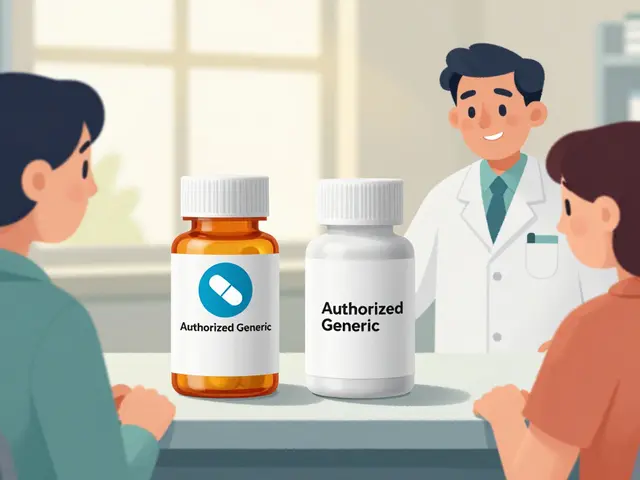Thyroid Health Supplements: What Helps and What Can Harm
If you’re worried about your thyroid or wondering which supplements matter, this page gives plain, useful advice. Some vitamins and minerals can support thyroid function, but the wrong choice or timing can cause trouble—especially if you take thyroid medication. Here’s a straightforward guide to the supplements people ask about most and how to use them safely.
Key nutrients to consider
Iodine: Your thyroid needs iodine to make hormones. Too little causes low thyroid activity; too much can trigger or worsen autoimmune thyroid conditions like Hashimoto’s. Don’t start iodine supplements without testing your thyroid and discussing results with a clinician.
Selenium: Selenium supports conversion of T4 into active T3 and may help reduce thyroid antibody levels for some people. It’s commonly used short-term in autoimmune thyroid cases, but long-term high doses can be harmful. Use a tested supplement and follow medical advice.
Zinc and iron: Both are important for hormone production. If you’re low on iron or zinc, correcting that can improve thyroid function. Have lab tests first—taking iron or zinc when you don’t need them can cause side effects and interfere with other minerals.
Vitamin D: Low vitamin D is common and linked with worse autoimmune disease activity. Replacing vitamin D when tests show deficiency is reasonable and often recommended.
Tyrosine: An amino acid used to make thyroid hormones. Most people get enough from food. High-dose tyrosine supplements aren’t routinely needed and should only be used under guidance.
Herbals, probiotics, and lab safety
Ashwagandha and guggul: Some small trials suggest these herbs might change thyroid markers. They can be useful in specific cases, but effects vary and herbs can interact with drugs. Talk to your doctor before trying them.
Biotin: Many supplements contain biotin. Biotin can falsely skew thyroid blood tests (and other lab tests). If you take biotin, stop it 48–72 hours before a thyroid panel to avoid wrong results.
Probiotics: They don’t directly fix thyroid hormone levels, but they can help digestion and nutrient absorption, which supports general health and may indirectly help people with thyroid issues.
Important medication interactions and timing
Levothyroxine absorption is sensitive. Don’t take calcium, iron, or high-fiber supplements within four hours of your thyroid pill. Take levothyroxine on an empty stomach—usually first thing in the morning—and wait at least 30–60 minutes before food or other supplements unless your clinician advises otherwise.
Quality and testing
Choose supplements from brands that offer third-party testing (USP, NSF, or ConsumerLab). Check labels for dose, avoid mega-doses unless prescribed, and keep a list of everything you take so your provider can spot interactions.
Practical next steps
Get a thyroid panel (TSH, free T4, free T3, and thyroid antibodies) before starting supplements. Work with an endocrinologist or pharmacist if you’re on thyroid medication. If you want to try a supplement, pick one at a time for a few months and track symptoms and labs.
If you’re unsure where to start, ask for testing and a simple plan from your clinician. That keeps you safe and helps you get the benefits without surprises.

9 Alternatives to Levothyroxine for Thyroid Health
Exploring alternatives to Levothyroxine, this guide delves into various options for those seeking different approaches to support thyroid health. From natural supplements to innovative treatments, discover the pros and cons of each choice. While not all alternatives replace traditional hormone therapy, they can complement treatment effectively. This article provides valuable insights into the diverse strategies available for managing thyroid function.
view more




